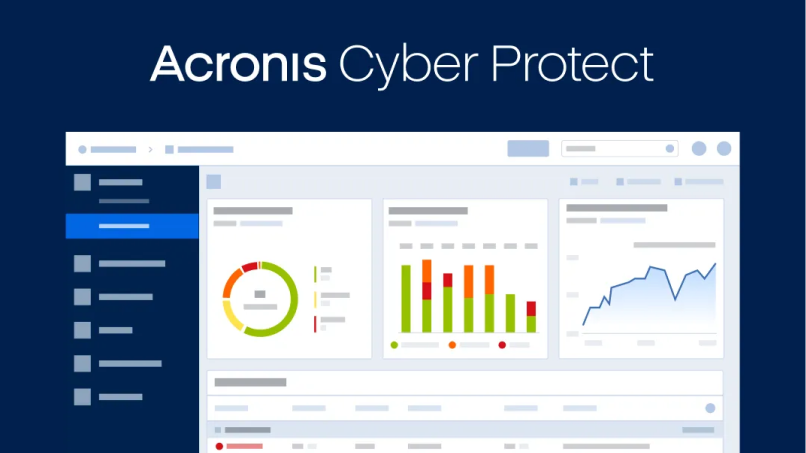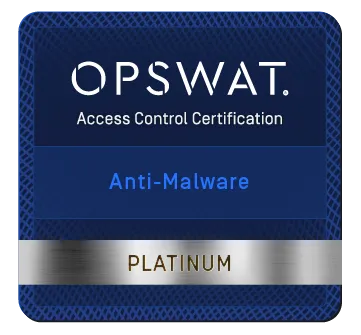The native backup solution within Azure Virtual Machines (VMs) offers some foundational capabilities, such as full VM backup, scheduled backups, point-in-time recovery and the use of Azure's reliable storage infrastructure. However, depending on your specific needs, these capabilities might not be enough, and hence you may need to supplement it with a third-party solution like Acronis.
Here's why:
• Granular backup and recovery: Azure’s native VM backup primarily focuses on backing up the entire virtual machine. In contrast, Acronis provides more granularity, enabling you to backup specific files or folders, disks/volumes, system states and configurations.
• Anti-malware: Azure's native backup doesn't offer advanced threat protection features. Acronis integrates AI-based technologies, offering advanced anti-ransomware and anti-malware protection to safeguard your backups from modern cyber threats.
• Backup types and storage options: With Azure, you're limited to full VM backups and Azure's storage. Acronis offers multiple backup types (differential and incremental) and flexible storage options (Acronis-hosted cloud storage, public clouds like Google Cloud Storage or Microsoft Azure, your own cloud storage or local networked storage).
• Data deduplication: Azure's native backup doesn't offer data deduplication, which can reduce storage requirements by not storing identical data more than once. Acronis provides this feature, saving storage space and reducing network load.
• Backup encryption: While Azure provides basic data encryption, Acronis goes a step further with AES-256 data encryption for data in transit and at rest, ensuring enhanced data security.
The reporting and alerting capabilities of third-party software are typically more robust, giving businesses a better understanding of their backup status and overall security posture. Plus, they often provide support for multi-cloud and hybrid environments, crucial for businesses with diverse IT infrastructure.
With regards to disaster recovery, Azure's built-in capabilities are basic and might not suffice for many businesses. Third-party software, conversely, offers comprehensive disaster recovery options, enabling orchestrated recovery processes, automated failover and failback, and regular testing of your disaster recovery plans.
In conclusion, Azure's native VM backup service provides basic protection and may be adequate for some businesses. But for many, it lacks the advanced, comprehensive protection and recovery capabilities that third-party solutions offer.
Supplementing Azure VM's native backup with a comprehensive solution like Acronis allows you to fully secure your data, meet regulatory compliance and provide greater flexibility and efficiency in managing your backups.
It's important to evaluate your specific needs, particularly considering your business continuity and disaster recovery strategies, before making a choice.


















